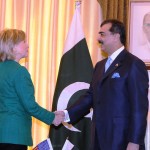
Pakistan and the United States have pursued an important partnership for many years, but their goals diverge.
Read Teresita Schaffer’s contribution to the U.S. News and World Report Debate Club, published on the U.S. News web site October 27, 2011.
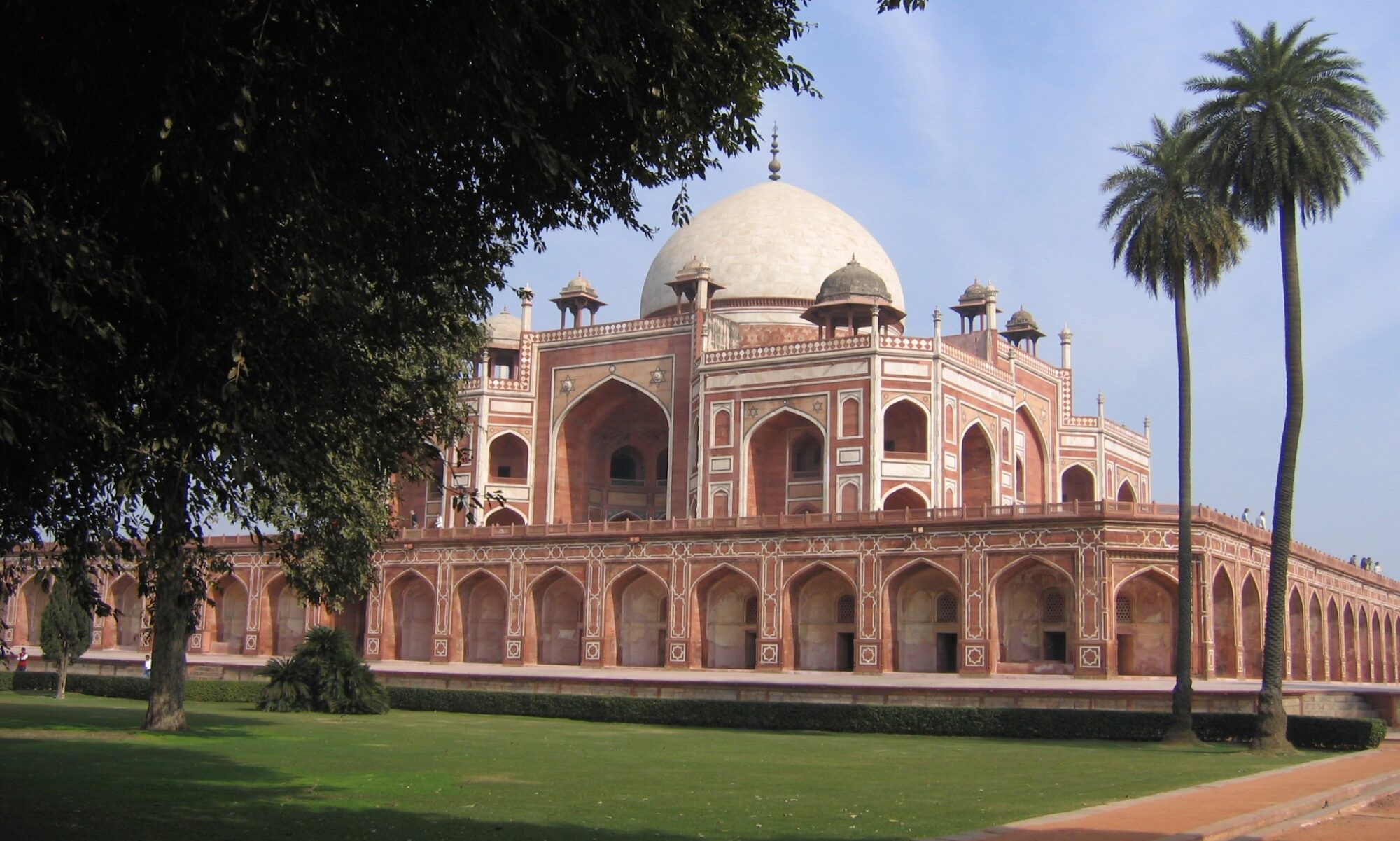

Politics, economics, regional dynamics of South Asia

Pakistan and the United States have pursued an important partnership for many years, but their goals diverge.
Read Teresita Schaffer’s contribution to the U.S. News and World Report Debate Club, published on the U.S. News web site October 27, 2011.
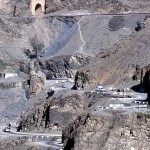
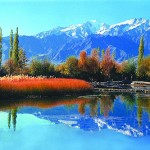
With U.S. relations in Pakistan at a low point and the two countries’ strategic disagreement over priorities in Afghanistan on full display, it is time to review U.S. strategic options. One that deserves a close look is a grand bargain: give Pakistan what it wants in Afghanistan – but on two conditions: Pakistan assumes responsibility for preventing terrorism out of Afghanistan, and Pakistan agrees to settle Kashmir along the present geographic lines. This is not a panacea, nor would it be easy to execute. But it addresses the principal stumbling block to the current U.S. strategy, and provides an incentive to settle the region’s longest-running dispute.
Read our article published on foreignpolicy.com October 20, 2011.
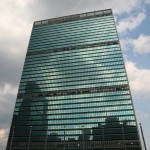
During India’s first nine months on the Security Council, it has worked with the United States on broad themes but often differed on country-specific issues. Council membership has a price: many votes inevitably disappoint some of India’s constituencies and international friends.
Read our op-ed in The Hindu, October 8, 2011.
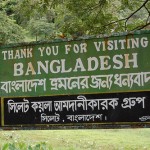
September 15, 2011: For diplomats like us, there are few things worse than a highly touted bilateral summit meeting between two friendly national leaders that at the last minute fails to meet either the expectations of the summiteers themselves or the inflated hopes of their publics. These setbacks are not supposed to happen. According to the “diplomatic rule book,” basic agreements are worked out in advance by subordinate officials. These are then ratified by the leaders, perhaps with minor changes. If major outstanding problems are not ironed out before the summit begins, as sometimes happens, the two government try to limit expectations, not to encourage them.
Prime Minister Manmohan Singh’s September 6-7 visit to Bangladesh is a case study of a summit whose preparation didn’t follow these rules. Continue reading “Bangladesh-India: Great Expectations, Limited Results”

The events of 9/11 had contradictory results in South Asia: in Pakistan, first the reestablishment of a big relationship with the United States after a 20 year hiatus, and then a crisis in relations owing to a strategic disconnect; in India, the continuation of the expansion in US ties that started at the turn of the century.
Watch interview by Teresita Schaffer and other Brookings scholars on “Meet the Press at Brookings”, September 8, 2011.